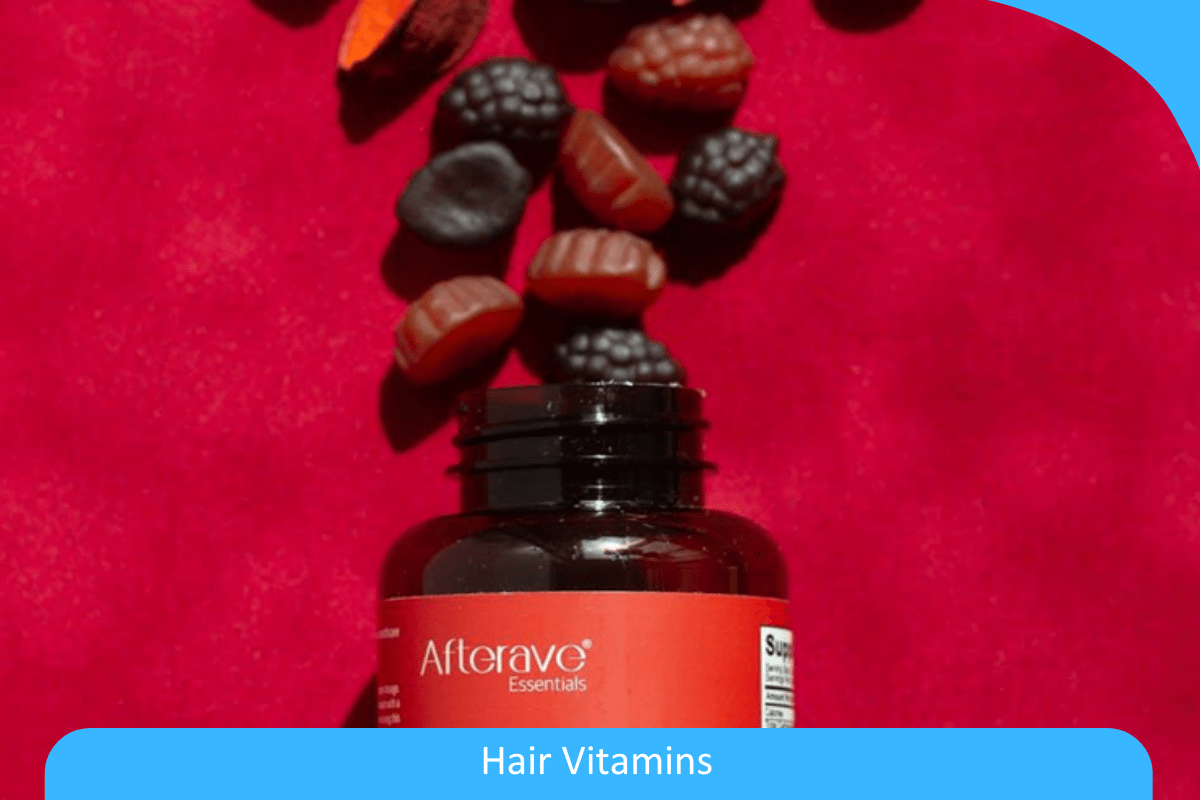The struggle to maintain luscious locks is a common concern for many. Hair vitamins have surged in popularity as a purported solution to hair woes, promising hair growth, strength, and vitality. These supplements often contain a blend of biotin, vitamins C and E, and omega-3 fatty acids, all of which are essential for maintaining healthy hair. Despite their claims, scientific evidence supporting these products remains sparse. Typically, hair vitamins show tangible results only in individuals with existing nutrient deficiencies. However, these formulations continue to attract attention. It’s crucial to understand how they might benefit those seeking a boost in their hair care routine.
The essential role of nutrients in hair health
Strong, healthy hair relies on a steady intake of key nutrients, including biotin, vitamins A, C, D, E, iron, zinc, and selenium. Deficiencies in these can result in hair thinning and poor growth. Each plays a specific role; vitamin D, for instance, is critical for follicle health, while vitamin C aids in collagen synthesis and maintenance of the scalp’s vascular structure. Understanding this complex relationship is vital in determining the potential impact of supplements like hair vitamins.
A closer look at hair care products and treatments
Natural and formulated hair care products come enriched with vital nutrients aimed at addressing specific hair concerns such as frizz or damage. This category includes serums, oils, conditioners, and shampoos, commonly packed with beneficial ingredients like argan and avocado oils alongside rich vitamins. These products cater to varied hair problems and often promise nourishment and revitalization for the scalp, contributing to improved overall hair health.
Scientific insights into hair vitamins and supplements
The evidence surrounding the efficacy of hair vitamins is mixed at best. Certain studies correlate nutrient levels with hair loss, suggesting that topical application and ingestion of healthy doses can aid in maintaining hair health. However, the benefits of consuming hair vitamins without a clear deficiency remain inconclusive. It’s advisable to adopt a holistic approach, integrating a balanced diet, lifestyle changes, and the use of specialized hair care products over solely relying on supplements for noticeable results.
In conclusion, while hair vitamins may offer specific benefits, especially for those with nutrient deficiencies, their broader effectiveness remains debated. A comprehensive hair care regime that combines dietary consciousness and bespoke hair treatments provides a more assured path to healthy, vibrant hair.






